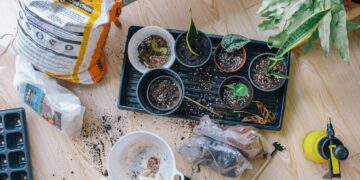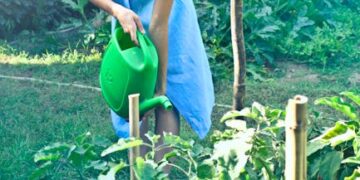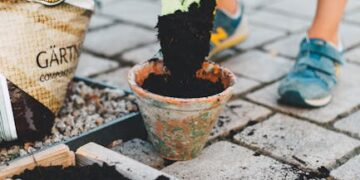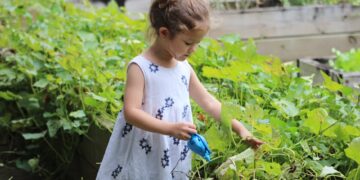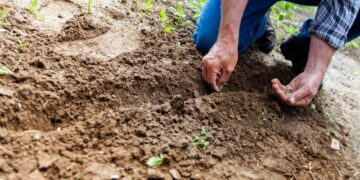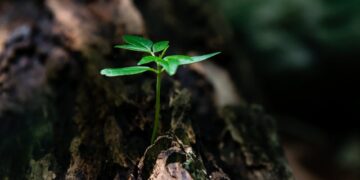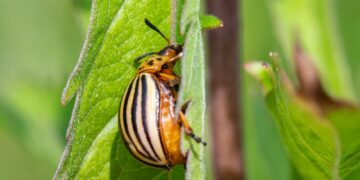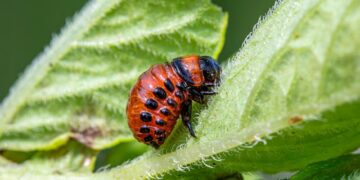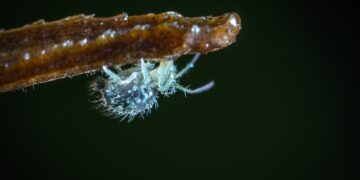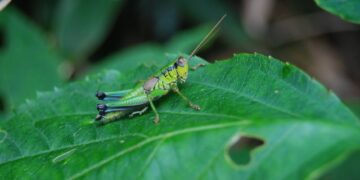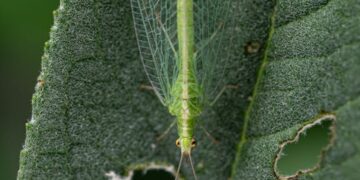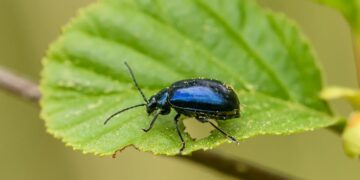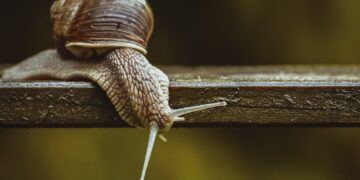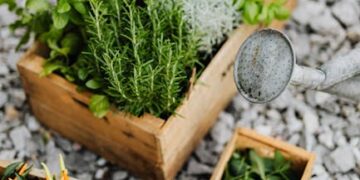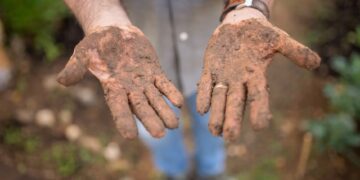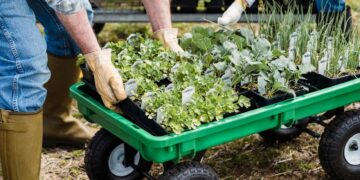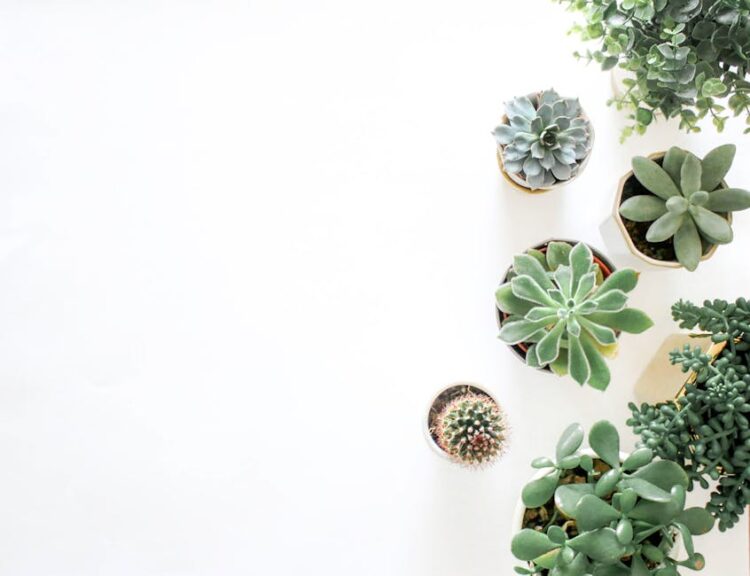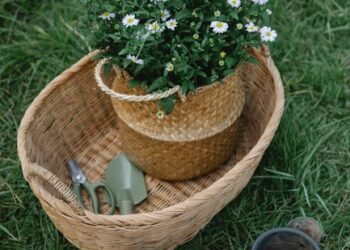Ultimate Guide to Natural Plant Pest Control Solutions
Are you tired of pests wreaking havoc on your garden but reluctant to use harsh chemicals? You’re in the right place! This comprehensive guide explores natural and effective methods for keeping those pesky invaders at bay, ensuring your garden remains lush and healthy. From homemade remedies to cultural practices, we’ll cover a range of solutions that are both eco-friendly and easy to apply.
Understanding Plant Pests
Common Types of Garden Pests
Before you can effectively tackle pests, it’s crucial to know who the invaders are. Common garden pests include aphids, spider mites, caterpillars, slugs, and snails. Each pest has specific habits and weaknesses, knowing which can significantly enhance your pest control efforts.
Why Natural Solutions?
Chemical pesticides can be effective, but they come with downsides such as potential harm to the environment, beneficial insects, and even your health. Natural pest control offers a safer way to deal with pests without compromising the integrity of your garden or health.
Preventive Measures
1. Choose the Right Plants
One fundamental aspect of natural pest control is selecting plant varieties that are less attractive to pests or resistant to local pest species. Plants like marigolds and garlic can repel certain pests and can be strategically planted to protect more vulnerable plants.
2. Healthy Soil, Healthy Plants
Healthy plants are less likely to succumb to pest invasions. Ensure your soil is rich in organic matter and nutrients. Practices such as composting and using organic fertilizers can significantly boost soil health and, by extension, plant resilience against pests.
Mechanical and Physical Pest Control Techniques
1. Barriers and Traps
Barriers such as nets or floating row covers prevent pests from reaching your plants. Traps, on the other hand, such as sticky boards or pheromone traps, are used to catch and reduce pest populations. These methods can be highly effective and totally non-toxic.
2. Handpicking
Sometimes, simply removing pests by hand can be an effective control method, especially for larger pests like caterpillars or beetles. It’s a labor-intensive method but ensures that only the targeted pest is removed without harming beneficial insects.
Natural Remedies for Pest Control
1. Homemade Sprays
You can make effective pest control sprays at home. A popular option is a soap spray, which involves mixing a teaspoon of mild dish soap with a quart of water. This spray works effectively against a variety of soft-bodied pests like aphids and spider mites.
2. Herbal Repellents
Certain herbs can repel pests. For instance, a spray made from crushed garlic or chilies can deter many insects. Simply steep the crushed ingredients in hot water, strain, and then spray onto the affected areas of your plants.
3. Neem Oil
Neem oil, derived from the seeds of the neem tree, is renowned for its pest-repellent properties. It’s safe for use around pets and children when used as directed and is effective against a wide range of pests, including aphids, mites, and whiteflies.
Biological Pest Control
1. Beneficial Insects
Introducing beneficial insects like ladybugs, lacewings, and predatory mites can help control pest populations naturally. These allies will hunt and reduce the number of harmful pests in your garden without the need for chemical interventions.
2. Bacterial Inoculants
Bacillus thuringiensis (Bt) is a naturally occurring bacterium that is lethal to many larvae stages of pest insects but harmless to humans and beneficial insects. Applying Bt to your garden can help manage populations of caterpillars and other leaf-eating pests.
Monitoring and Maintenance
Regular monitoring of your plants is crucial to any pest management strategy. Early detection can prevent a small number of pests from becoming a full-blown infestation. Regular checks will also help you determine the effectiveness of your applied natural pest control measures and whether any adjustments are necessary.
Final Thoughts
Managing garden pests naturally is not only about keeping your plants healthy but also about preserving the surrounding ecosystem. With the strategies outlined in this guide, you can enjoy a vibrant, healthy garden without resorting to harmful chemicals. Remember, consistency and vigilance are key in natural pest control. Happy gardening!
Gardening naturally invites you to form a closer bond with nature. You become not just a gardener, but also a steward of the environment. So, implement these natural plant pest control solutions and ensure your garden thrives in harmony with nature.

